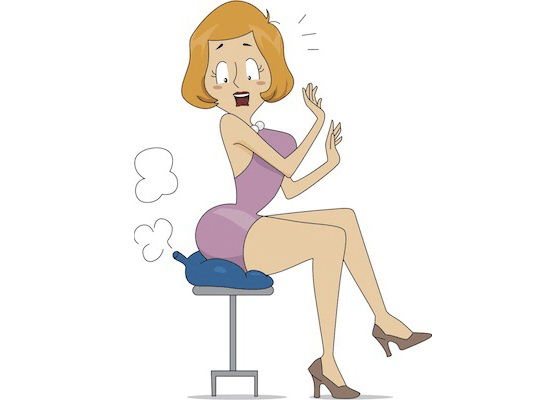Wind (gas) can provide clues about digestive health.
Upper wind can result in symptoms like belching, reflux, nausea.
Lower wind can result in symptoms like bloating, heavy feeling, abdominal pain,
and flatulence.
Upper wind
Do you belch?
Perhaps you have other symptoms of indigestion. Multiple factors can contribute but for belching consider these things
Do you talk while chewing?
Do you eat quickly?
Do you breathe through your mouth when talking? or anxious?
In all of these, air is swallowed in through the mouth, rather than through the nose. Air in the stomach can result in symptoms of belching, nausea, reflux and a bloated or heavy feeling due to the pressure on the stomach walls. If air makes it all the way down to the abdomen it may result in bloating and pain until passed as wind.
5 Tips to reduce upper wind
1. Chew food well noticing its taste and texture
2. Don’t talk while chewing
3. Sip water only, don’t drink the whole glass at once
4. Balance all snacks and meals, i.e., include a portion of each food group (carbohydrate protein, good fats). For example, have a handful of nuts with a piece of fruit.
5. Practice breathing through your nose, so it becomes a habit even in times of stress.
Lower wind
Lower wind, as discussed above , could be air that is swallowed and trapped in the abdomen. Once passed, the pain and heavy sensation usually dissipates. Lower abdominal wind can also be due to undigested food which can result from poor digestive breakdown of foods (e.g., not chewing food enough, swallowing food whole, low stomach acid, low bile salts, low digestive enzymes). Opportunistic / inflammatory bacteria can feed on undigested food in the intestines and their by-product is gas.
Different types of wind can be a clue about high intake of food groups (e.g., carbohydrate, fats) or poor breakdown of these foods (e.g., not chewing food, low stomach acid). Here are the types of wind …
Trumpet – high carbohydrate intake or poor breakdown of carbohydrates
Skunk – high protein intake or poor breakdown of protein
Moist – high fats intake or poor breakdown of fats
![Image Blog 7 - Know your Wind[2].png 800x](https://hollyblenkinsoppnutrition.com/wp-content/uploads/2022/02/Image-Blog-7-Know-your-Wind2-1.png-800x-1.png)
Tip
Notice your wind type, and next time you pass gas that is unpleasant stop to think about your two previous meals.
Did you eat a lot of protein?
Were you stress eating?
Did you chew your food well?
This information provides general dietary advice and/or is explanatory in nature. It is not personalised nutritional and lifestyle recommendations since no health history has been recorded. If your symptoms persist or concern you, please contact your GP.

